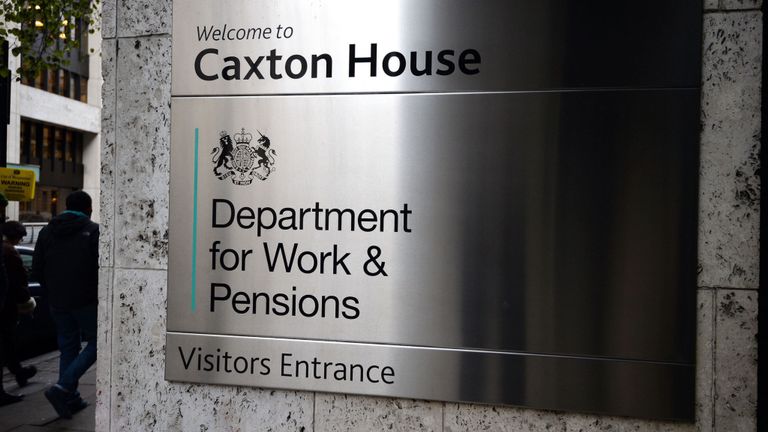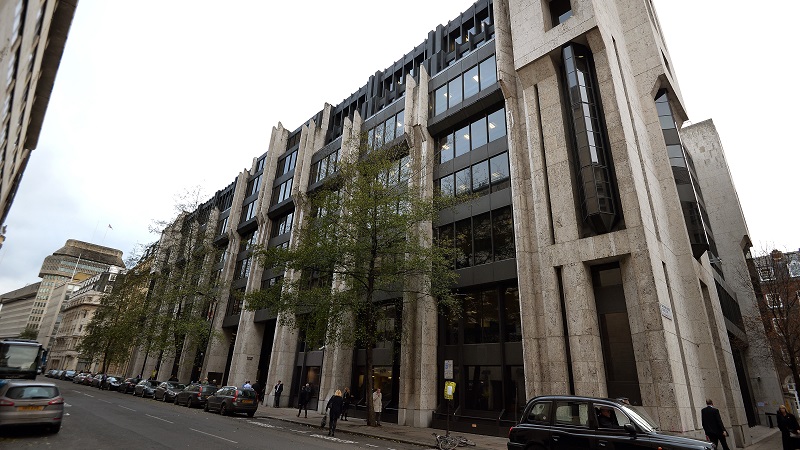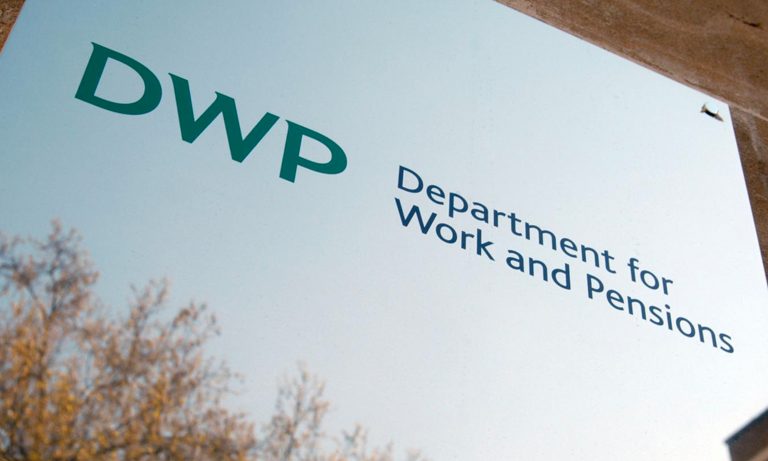This a ‘Call for Evidence’ with regard to safeguarding vulnerable claimants

DWP’s responsibilities and accountability
1. DWP does not have a statutory duty to safeguard the wellbeing of vulnerable claimants. Should this change?
a) If so, what should this duty look like?
2. Is DWP adequately transparent about its safeguarding measures for vulnerable claimants, including how the Internal Process Review (IPR) procedure works and what is done to implement lessons learned?
a) Is DWP adequately transparent about its safeguarding failures to ensure it is held accountable?
Ensuring benefits are accessible
3. What are the main challenges that vulnerable claimants face when trying to make a new benefit claim?
a) How effective is the Universal Credit “Help to Claim” service at supporting vulnerable claimants to register a claim?
b) What should DWP do to improve support for vulnerable people to make a claim and to ensure they do not delay making a claim?
Preventing harm
4. What measures does DWP currently implement to ensure that vulnerable claimants are safeguarded against harm? How successful are these measures?
5. Does DWP have an adequate understanding of the vulnerable claimants that use the benefit system and the support they require?
a) Does DWP do enough to monitor the wellbeing of vulnerable claimants?
b) Does DWP have sufficient processes in place to ensure that benefits are not withdrawn from vulnerable claimants when there is a risk that this will cause serious harm to the claimant?
6. How successfully does DWP work with external agencies (such as the NHS) to ensure that important information is shared between organisations?
a) Is there a framework in place that enables DWP to review the effectiveness of its cross-agency communication and collaboration?
7. Is DWP’s staff guidance for dealing with vulnerable claimants, including the Universal Credit Six Point Plan Framework, adequate?
Reviewing failures in safeguarding
8. How successful is the IPR process at investigating allegations of case mishandling?
a) Are the IPR criteria for accepting a case for review appropriate? How could the process for submitting a case for review be improved?
9. Does DWP adequately implement lessons learned from IPRs to ensure that mistakes are not repeated and that the safeguarding process improves?
a) Does DWP have effective processes in place to identify and address larger, systemic issues around safeguarding?
b) How effectively does this process communicate and share learnings with other bodies involved in case reviews such as Coroners and local Safeguarding Adults Boards?
The Committee would welcome submissions covering all or some of the following questions by Friday 13 October.

Important information about making a submission
Please read this section before making a submission. This information is particularly important for people making written submissions in an individual capacity, and about their own lived experience.
Written evidence must address the terms of reference as set out below, but please note that submissions do not have to address every point. Guidance on giving evidence to a select committee of the House of Commons is available here.
Individual cases
In line with the general practice of select committees the Work and Pensions Select Committee is not able to take up individual cases. If you would like political support or advice you may wish to contact your local Member of Parliament.
How your submission will be treated
The Committee has discretion over which submissions it accepts as evidence, and which of those it then publishes on its website. If your submission is accepted by the Committee, it will usually be published online. It will then be available permanently for anyone to view and may be found online by using search engines. It cannot be changed or removed. If you have included your name or any personal information in your submission, that will normally be published too. Please consider how much personal information you want or need to share.
Your contact details will never be published.
Evidence accepted by the Committee is protected by parliamentary privilege. However, if published evidence suggests that criminal behaviour has occurred, there is no bar on external bodies investigating that behaviour, which may lead them to find independent evidence which could be put before a court.
Anonymisation
Decisions about publishing evidence anonymously are made by the Committee. If you would like to ask the Committee to accept your submission anonymously (meaning it will be published but without your name) please tick the box when you make your submission. This lets the Committee know what you would like but the final decision will be taken by the Committee.
If you would like to request that your submission is published anonymously, then you are responsible for ensuring you cannot be identified from your submission. Please make sure you have not included information that would allow someone to work out who you are.
We may anonymise or redact some of your submission if it is published, even where you have not requested this.
Confidential submissions
The Committee may decide to accept evidence on a confidential basis. Confidential submissions remain available to the Committee but are not published or referred to in public.
If you would like to ask the Committee to accept your submission confidentially, please tick the box when you make your submission. This lets the Committee know what you would like but the final decision will be taken by the Committee.
We may treat submissions confidentially, even where you have not requested this.
Information about other people in your evidence
If you include personal information about other people in your submission (including your friends and family), the Committee may decide not to publish it. It is advisable to make your submission about your own experiences and to keep information about other people to a minimum.
Legal cases
We can’t publish submissions that mention ongoing legal cases. Please do not include details of an ongoing case, or details that are likely to be the subject of future proceedings, in your submission.
Safeguarding
If your evidence raises any safeguarding concerns about you, or other people, then the Committee has a responsibility to raise these with the appropriate safeguarding authority.
If you have immediate safeguarding concerns about yourself or someone else, we would urge you to contact the Police on 999.
Signposting
We understand that the issues raised in this work may be sensitive or upsetting. In addition to contacting your G.P., the following organisations may be able to offer support or further information:
Samaritans—General support for everyone. Call 116 123 – 24 hours a day, every day, or email jo@samaritans.org
Mind—for information, advice, and support for anyone experiencing a mental health problem. Call 0300 123 3393.
Citizens Advice—For independent, free advice provided by a network of charities online, over the phone and in person on a wide variety of issues including benefits, work, debt, housing, family and immigration. Their Adviceline is available 9am to 5pm, Monday to Friday, by calling 0800 144 8848 (England) or 0800 702 2020 (Wales)

